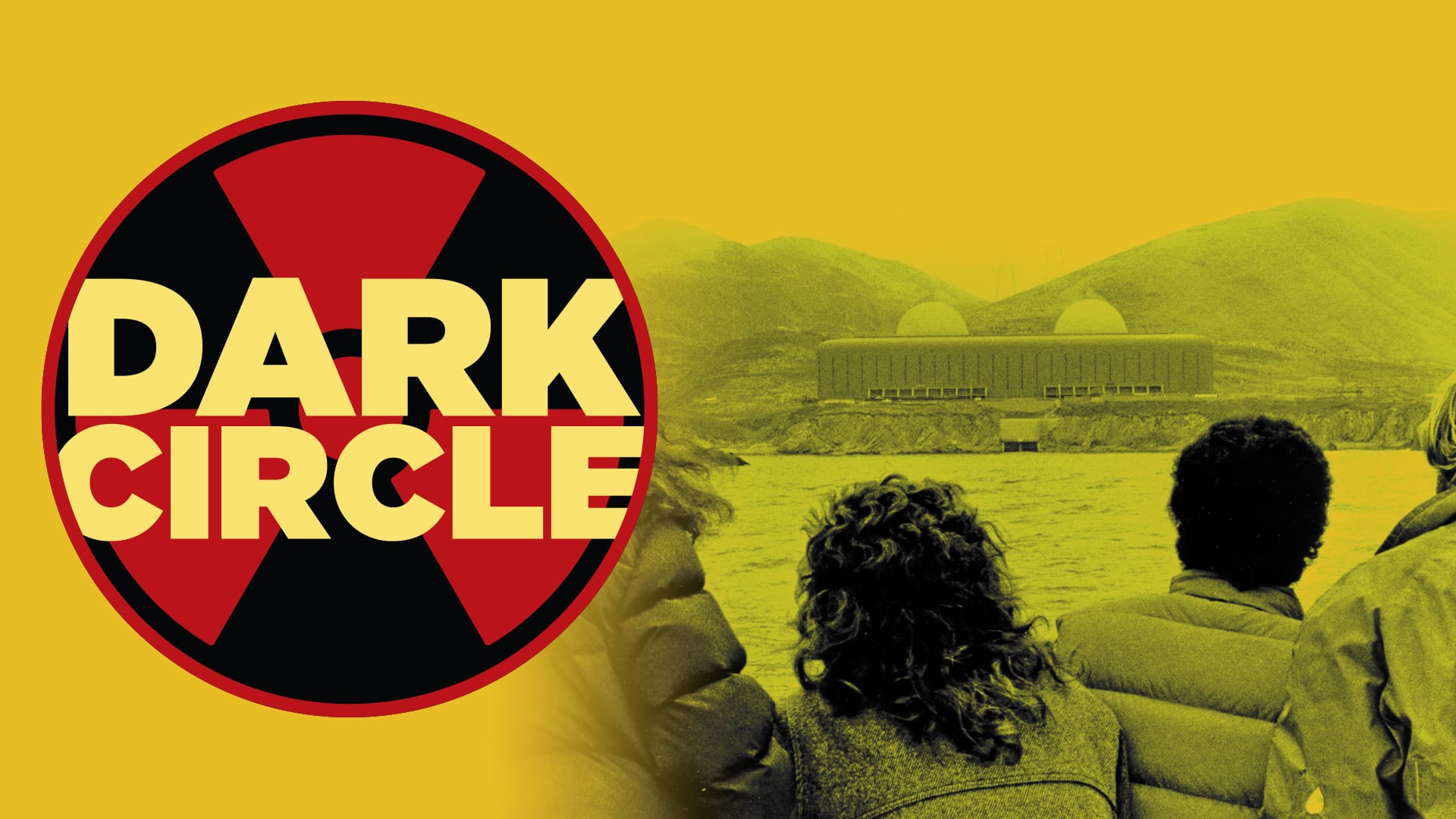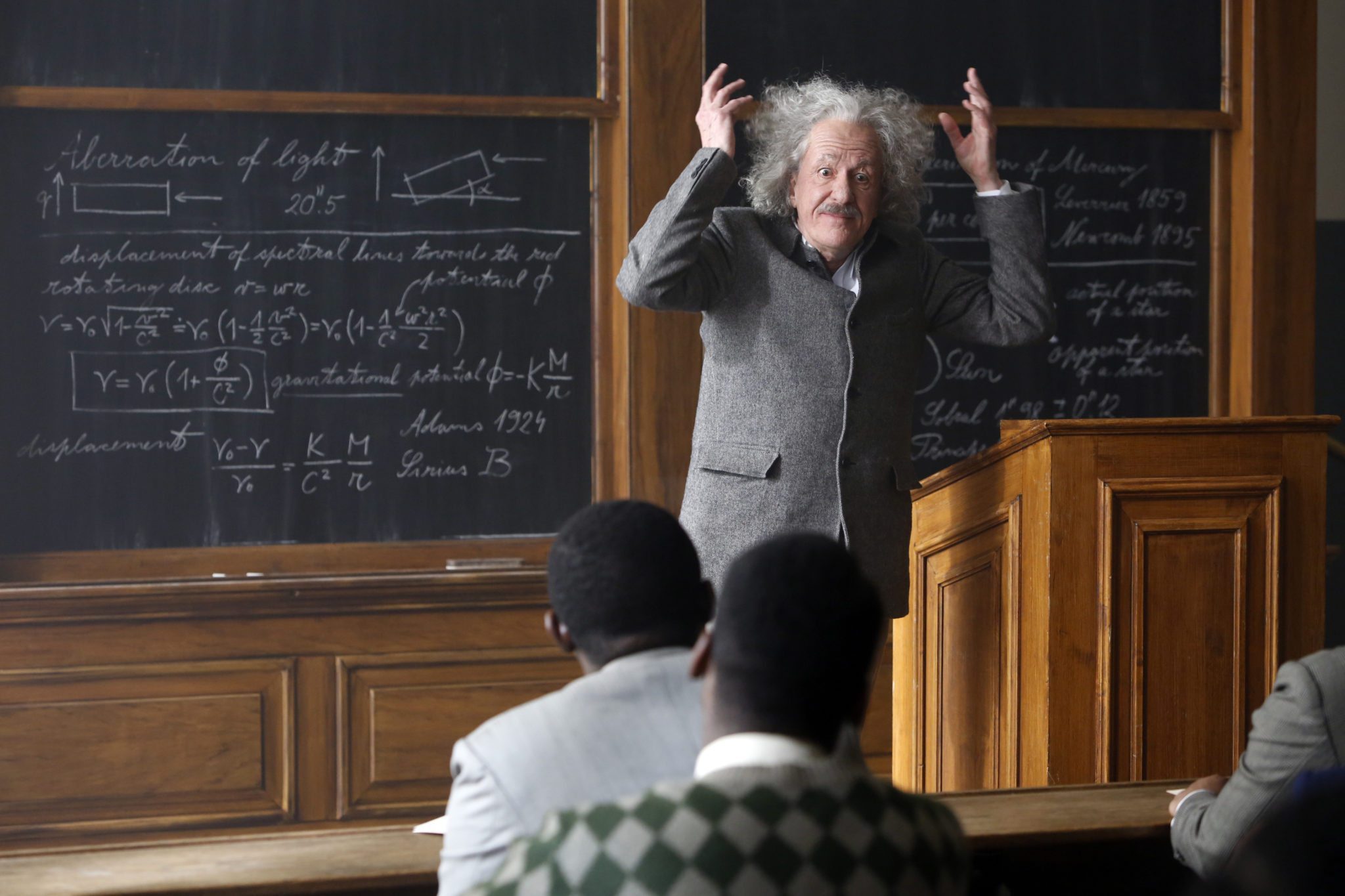
Dark Circle – 40 years later, still matters.
Does a nearly forty year old documentary still hold relevance? A newly restored HD version of Dark Circle is streaming on various outlets. The film, directed by Christopher Beaver, Judy Irving, and Ruth Landry, was shortlisted for Oscar consideration in 1983 and won an Emmy in 1989, when it finally made it to PBS as…

